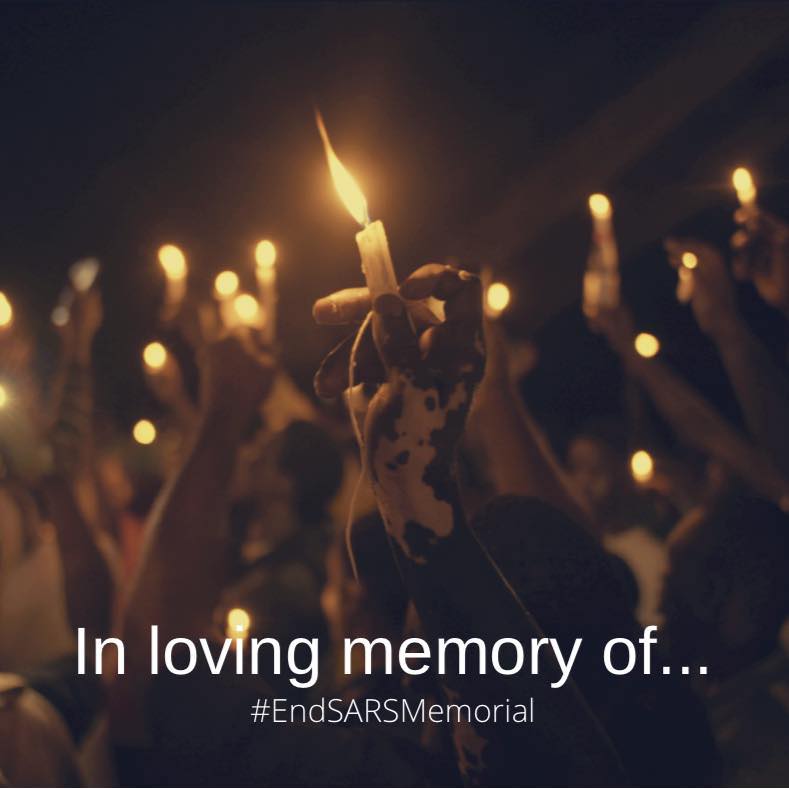When the Night Glowed Red
They said we should forget.
They said we should move on.
But how do you forget a night when the sky turned red with fire, and the nation held its breath?
October 20, 2020: a date that split the timeline of a generation.
At the Lekki Toll Gate, young Nigerians stood, waving flags stained with hope. They sang the anthem not as a ritual, but as a prayer.
They faced soldiers, not as enemies, but as citizens begging to be seen.
Then, the lights went off. The cameras stayed on.
In that darkness, the sound of bullets replaced the rhythm of chants.
Hands raised high became targets.
Voices turned into silence.
And yet, somehow, memory stayed awake.
The Day Nigeria Stopped Breathing
It began with courage, unarmed youth demanding justice, dignity, and an end to a culture of violence that wore a government badge.
It ended with chaos; blood on the asphalt, disbelief in the air, phones trembling as they streamed history live.
“We were singing the anthem,” one protester said.
“They told us to kneel. We knelt. They fired.”
In that moment, the idea of “Never Again”, once a promise after the Biafran War, cracked open.
We had seen this before: when peace turned into punishment, when patriotism was met with gunfire.
Erasure as Policy
When the smoke cleared, the state moved swiftly, not to heal, but to deny.
“No one died,” they said.
“It was fake news,” they said.
As if truth could be shot dead too.
But forgetting is the first stage of oppression.
To erase an event is to kill it twice: once in the body, and again in the memory.
And so, the government tried to bury October 20 under bureaucracy and silence.
But memory, as it turns out, does not obey decrees.
Memory as Resistance

Every October 20, candles are lit again.
Names are whispered, songs are sung, flags are raised, not to reopen wounds, but to keep them from healing over injustice.
Because remembrance itself has become a protest.
It happened before: Asaba, 1967.
A town gathered in peace, waving white cloths, believing surrender meant safety.
Instead, they were lined up and shot.
The government denied it then too.
History, once again, tried to forget.
Asaba. Lekki. Different decades, same sorrow.
Different uniforms, same command that said “silence them”.
But memory refuses.
Because every generation, it seems, must prove that it remembers, even when the nation wants it to forget.
Justice Delayed, Voices Unbroken
Four years later, justice still sleeps.
The panels were set up, the reports were written, but truth never made it past the gate.
Yet the people, the very ones told to stay quiet, are still speaking.
From the mothers who lost sons to the artists who paint their pain, from journalists who risk arrest to the youth who hold vigils, the act of remembering has become defiance.
Each tweet, each poem, each candle is a way of saying,
“We are still here. We saw it. We remember.”
The Refusal to Forget
They can ban gatherings.
They can silence hashtags.
They can tear down memorials.
But they cannot unwrite the names in our hearts.
Because every October 20, we remember not only the dead, but the dream they died for.
And as long as someone remembers, the dream is alive.
This is what BlaccTheddiPost stands for; not just as a platform, but as a pulse.
A resistance in words.
A monument made of memory.
A voice that refuses silence.The bullets may have echoed once,
but the memory echoes forever.
